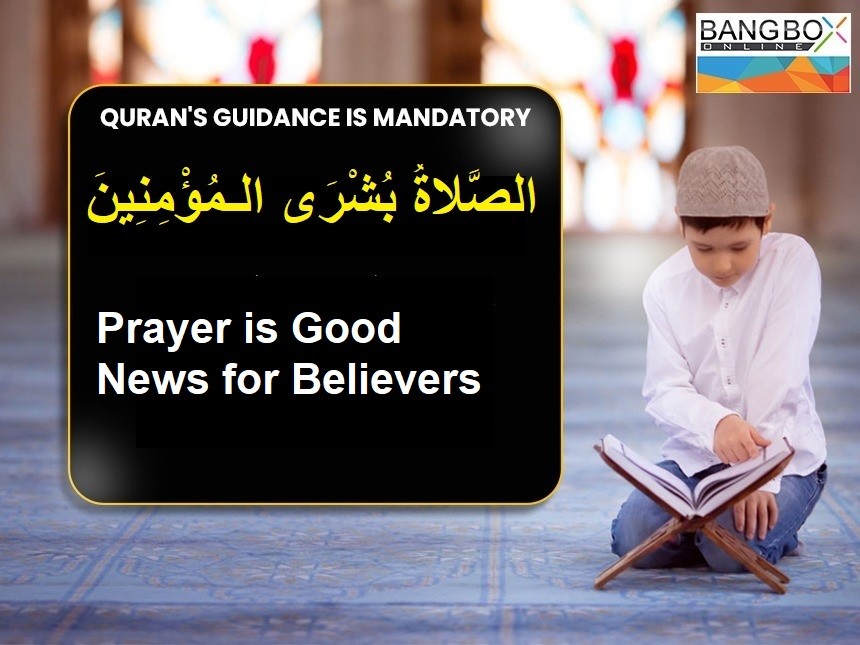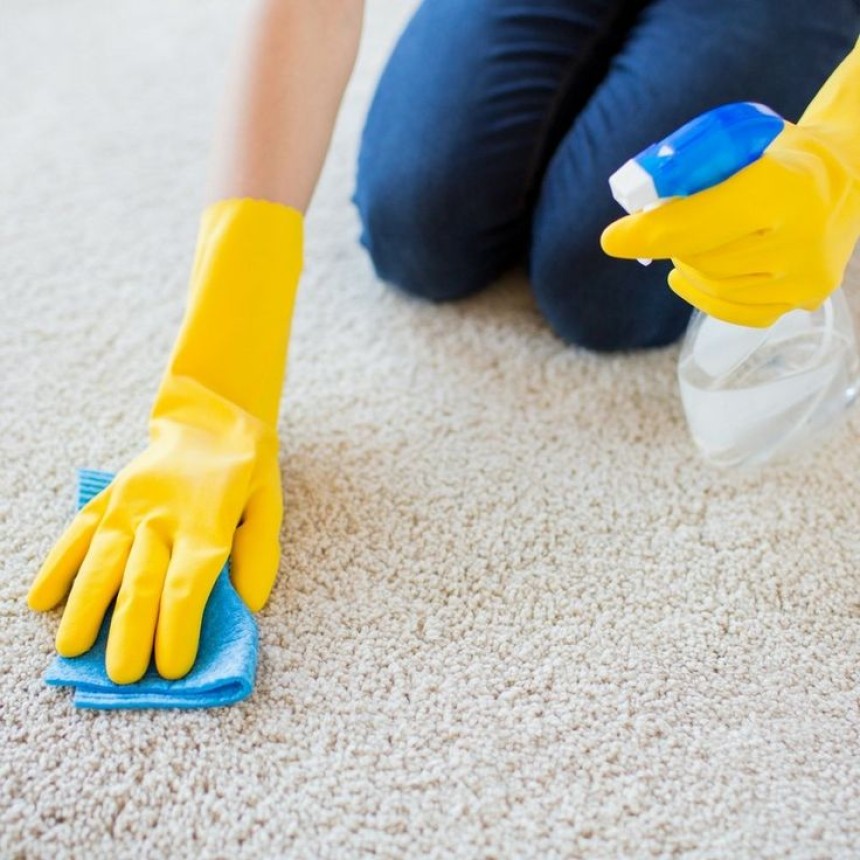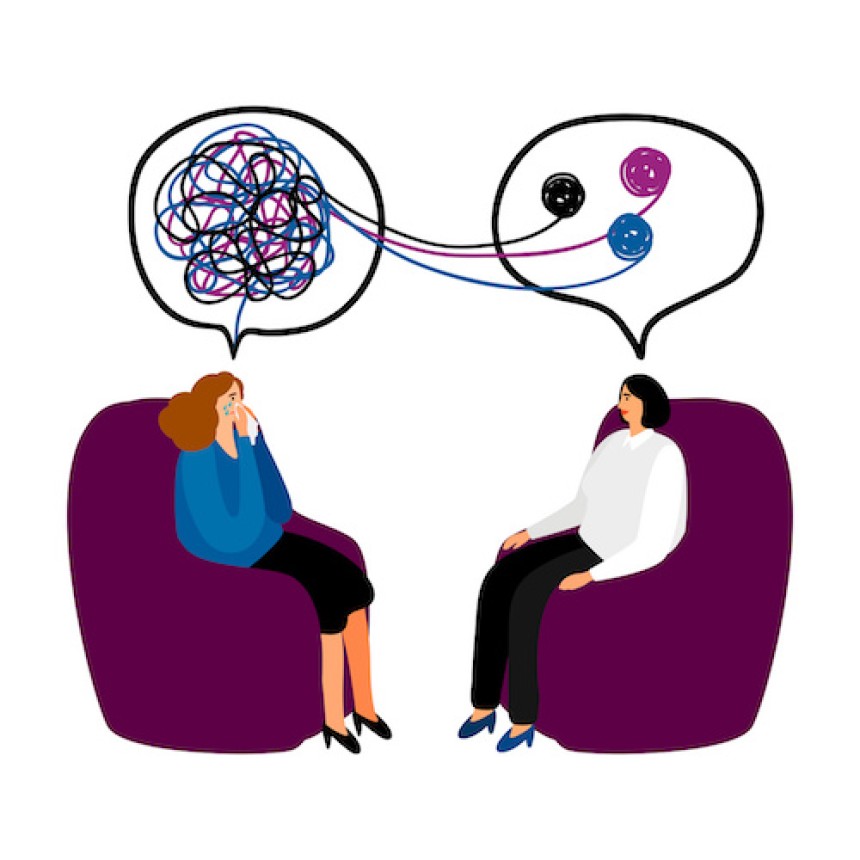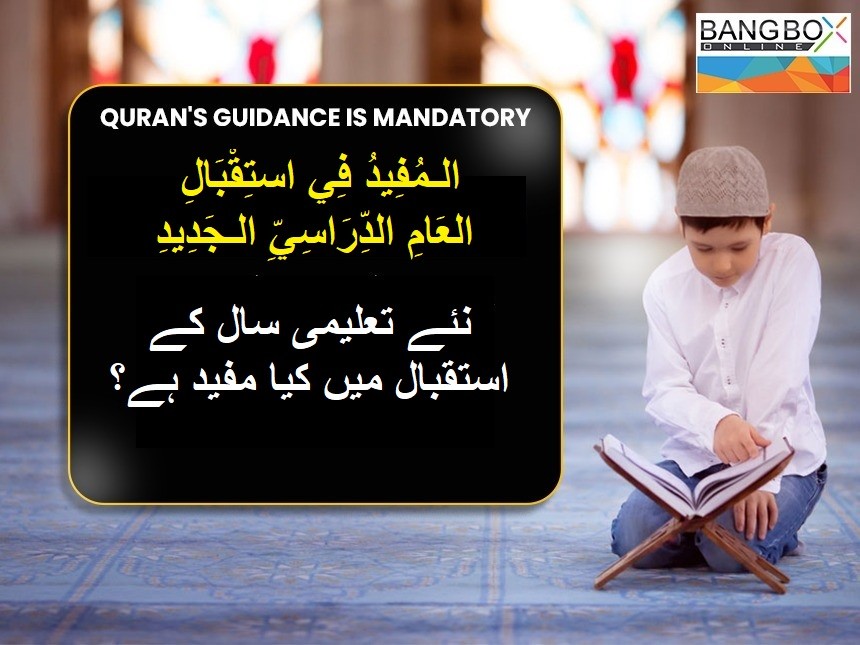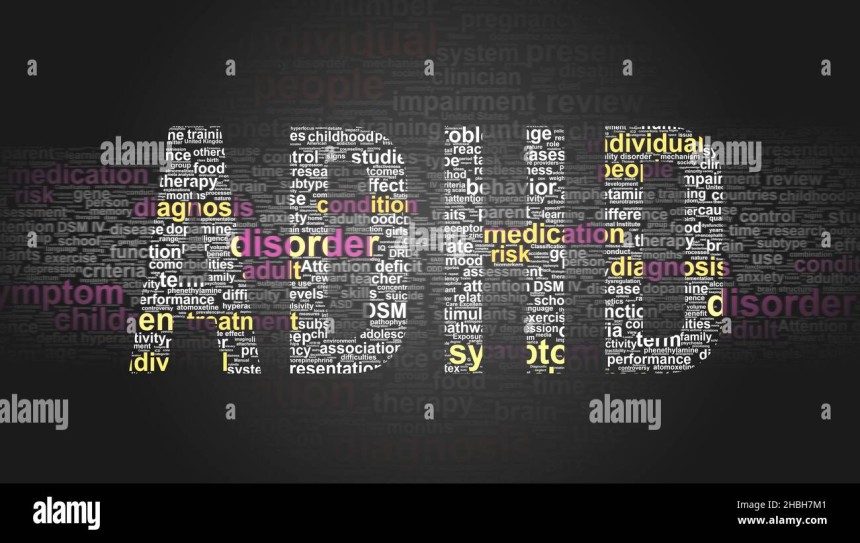
Navigating ADHD in Relationships: Building Stronger Bonds with Loved Ones
A person with Attention Deficit Hyperactivity Disorder (ADHD) has an impact on their connections with friends, family, and romantic partners in addition to themselves.
A person with Attention Deficit Hyperactivity Disorder (ADHD) has an impact on their connections with friends, family, and romantic partners in addition to themselves. Understanding the dynamics of ADHD and putting tools in place to manage these obstacles can result in stronger, more supportive friendships, even though ADHD can present some hurdles in relationships, such as issues with consistency, communication, and emotional regulation. This post will discuss how ADHD affects relationships and offer helpful tips for creating happier, healthier bonds with those you care about.
ADHD is a neurological disorder that impairs a person's capacity to control their impulses, behaviors, and attention. The symptoms of ADHD are impulsivity, hyperactivity, and inattention that can show up in a variety of spheres of life, including interpersonal relationships.
One of the main signs of ADHD is inattention, which can show itself as forgetfulness, trouble managing one's time, and difficulties remaining organized. Missed appointments, forgotten dates, or a failure to fulfill obligations or commitments can all be consequences of this in relationships. Partners or family members who feel ignored or neglected may become frustrated as a result.
Individuals with ADHD may experience impulsivity, which can result in emotional outbursts or impulsive behaviors without careful consideration. This can lead to angry outbursts, heated discussions, or snap decisions that you may come to regret. This impulsivity might cause miscommunications or wounded sentiments in love relationships.
Although hyperactivity is frequently assumed to be a symptom that predominantly affects youngsters, it can persist into adulthood. Living with someone who has trouble staying still or who is always switching between tasks can be difficult for partners or family members. This restlessness may disrupt peaceful, tranquil times that promote stronger bonds between people.
Communication abilities can also be impacted by ADHD. People with ADHD may struggle to pay attention in class, maintain focus during discussions, or keep their word. On both sides of the relationship, this may result in misunderstandings, a sense of being ignored, and irritation.
Feelings of inadequacy and low self-esteem can result from the challenges that ADHD presents, such as trouble achieving expectations. This can show up in relationships as emotional withdrawal, avoiding awkward conversations, or insecurity. Relationship tension , miscommunication or conflict might result from these emotions.
Despite the difficulties that ADHD can present, relationships can be strengthened and made more helpful by combining communication, understanding, and effective coping strategies. These useful suggestions will assist people with ADHD—and those close to them—in navigating the challenges of interpersonal interactions.
In any relationship, communication is essential, but when ADHD is present, it becomes much more crucial. Partners and family members can gain a better understanding of each other's needs and difficulties by having candid discussions about how ADHD impacts behavior, emotions, and daily routines.
People with ADHD should feel free to express how their symptoms impact their feelings, ideas, and behaviors. Their partners may feel less confused or frustrated as a result. Empathy and tolerance can be developed, for instance, by describing how ADHD is linked to forgetfulness or distractibility rather than a lack of attention.
Hearing is just as vital. When the person with ADHD shares their experiences, partners and family members should be encouraged to carefully listen to them without passing judgment or becoming frustrated. It can be quite beneficial to reiterate the value of the partnership and the shared commitment to discovering answers.
Since impulsivity can result in emotional outbursts, learning how to settle disputes calmly and politely is essential as part of the treatment of ADHD. In order to avoid escalation and promote positive problem-solving, it can be helpful to take some time to relax before responding or to talk about challenging subjects when both sides are emotionally stable. Gaining these abilities might lessen the effects of impulsive behavior linked to ADHD and enhance relationships.
Inconsistency is a common relationship issue for people with ADHD, whether it be in managing obligations, remembering crucial dates, or honoring promises. These problems can be lessened by establishing clear procedures, expectations, and organizing resources.
You can lessen feelings of disorder by establishing regular patterns for everyday tasks including work, family time, and chores. In romantic relationships or family dynamics, where harmony depends on shared obligations, this can be very beneficial. Both partners can be in agreement by talking about and deciding how home responsibilities will be split.
External tools can be helpful for people with ADHD in maintaining their organization. Reminders, to-do lists, and digital calendars can assist people with ADHD in keeping track of their obligations and appointments. Promoting the usage of these resources can help relationships avoid miscommunications and neglected obligations.
Procrastination can result from big chores that feel overwhelming to people with ADHD. People can maintain focus and lessen emotions of irritation or inadequacy by breaking activities down into smaller, more manageable parts and assigning due dates to each step.
People may struggle to control strong emotions since emotional reactivity is a prevalent characteristic of ADHD. People with ADHD can develop closer emotional bonds with their partners or loved ones by learning how to control their emotions.
People with ADHD can respond more thoughtfully rather than impulsively by practicing mindfulness, which makes them more aware of their emotional triggers. Stress, anxiety, and emotional swings can be controlled with the use of methods like journaling, deep breathing, and meditation.
People with ADHD can better handle overstimulation in a calm, orderly home environment. This can involve keeping things neat, minimizing distractions, and creating peaceful spaces for introspection or rest. Partners can assist one another in overcoming the emotional difficulties associated with ADHD by fostering a supportive environment.
Teaching emotional regulation skills can be facilitated by therapy, especially Cognitive Behavioral Therapy (CBT). Couples counseling can also give partners a secure place to talk about ADHD-related problems and practice relationship-building communication techniques.
In any relationship, empathy and tolerance are crucial, but they become even more crucial when dealing with the difficulties caused by ADHD. Family members need to realize that ADHD is a neurological disorder rather than a personal shortcoming and that the person with ADHD is making every effort to control their symptoms.
It's critical that both partners in a relationship receive education regarding ADHD. A greater sense of compassion can result from knowing how ADHD impacts behavior, emotions, and mental processes. In order to accommodate the symptoms of ADHD while promoting respect for one another, both spouses should collaborate to find solutions.
Highlighting assets: ADHD is not only about difficulties; it also has special qualities including inventiveness, vigor, and the capacity for unconventional thinking. These strengths can improve the relationship and create a supportive, upbeat dynamic, so partners should acknowledge and cherish them.
Self-care and personal development must be given top priority by both partners in a partnership. Working with a healthcare provider to control symptoms through medication, therapy, or other treatments may be necessary for those with ADHD. Setting aside time for introspection and personal growth is crucial.
It's important to encourage each spouse to follow their hobbies, lead a healthy lifestyle, and ask for help when they need it. Taking care of personal needs improves the relationship's general well-being, whether that involves working out, finding a creative outlet, or getting expert assistance.
Being thankful: Being thankful and appreciative in a relationship can make people feel appreciated and understood. Acknowledging each other's efforts, no matter how minor, can improve feelings and make the relationship stronger.
Although ADHD can cause relationship problems, it is possible to create stronger, more encouraging bonds with loved ones by using the appropriate techniques. People with ADHD and their partners can manage the challenges of their relationship by encouraging open communication, establishing clear expectations, assisting with emotional management, and remaining patient and empathetic. ADHD can bring both special strengths and difficulties, but these relationships can flourish and form enduring, meaningful attachments if both parties put in the necessary effort and understanding.

